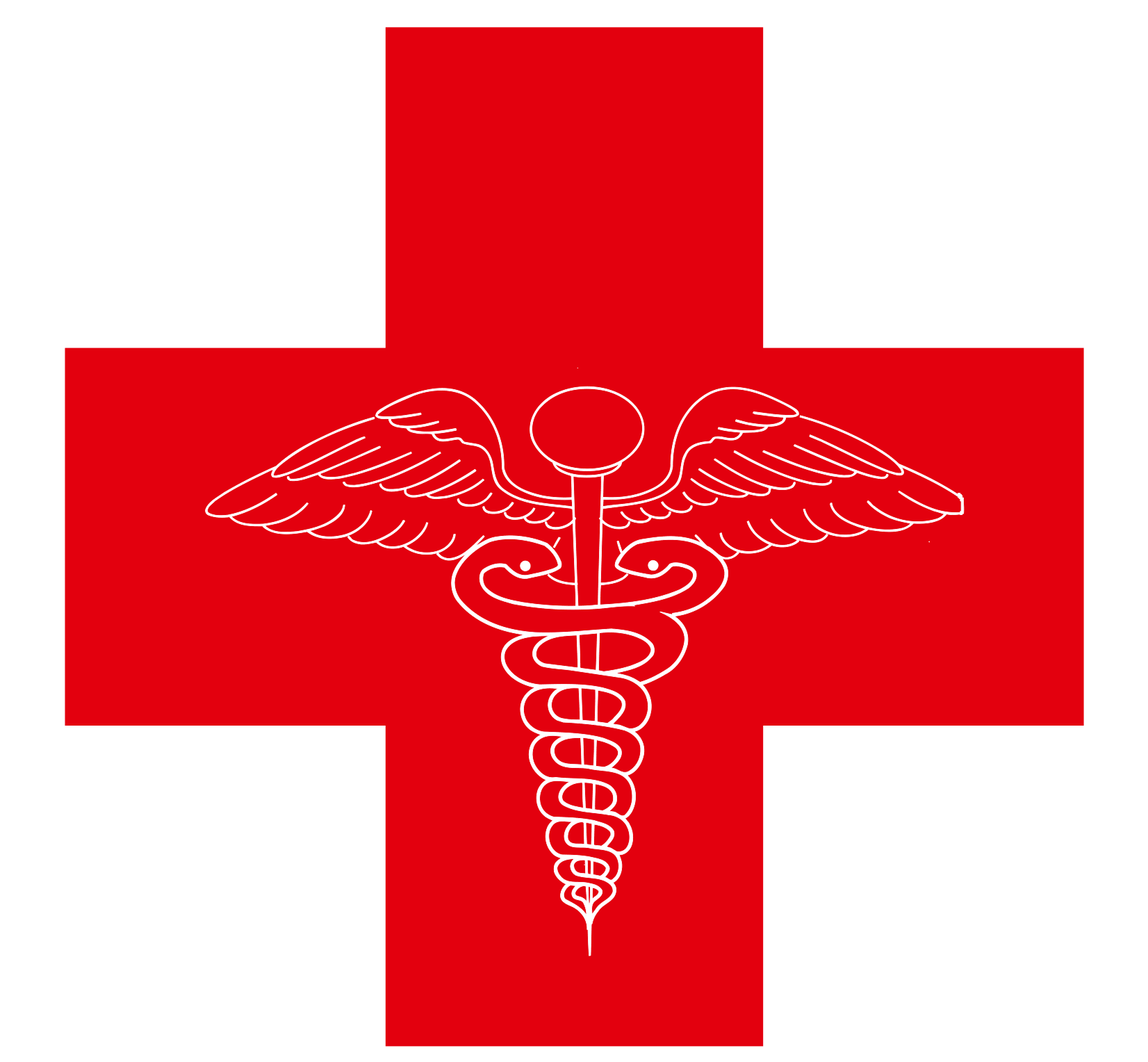It is a chronic inflammatory bowel disease affecting the large intestine, with symptoms varying in severity and duration.
This concise guide provides essential information about its symptoms, causes, diagnosis, treatment, and complications.
What Are the Symptoms of Ulcerative Colitis?
Ulcerative colitis primarily manifests as bloody diarrhea, which may contain pus.
Other common symptoms include:
- Cramping abdominal pain and sudden urges to defecate
- Loss of appetite and unexplained weight loss
- General fatigue and fever
- Dehydration due to frequent diarrhoea
- Joint pain, canker sores, and skin sores
- Eye pain in bright light, indicative of inflammation
- Anaemia due to chronic blood loss
- Symptoms can fluctuate, with periods of flare-ups followed by times of remission.
What Causes Ulcerative Colitis and Who Is at Risk?
Ulcerative colitis develops when the immune system erroneously targets the lining of the colon, treating food, beneficial gut bacteria, and the colon's cellular lining as foreign invaders. This leads to persistent inflammation and ulcer formation.
While the precise cause of this autoimmune reaction remains unclear, both genetic predispositions and environmental factors contribute to its onset. Those of Ashkenazi Jewish heritage, individuals with a family history of UC, and people aged between 15 and 30 or over 60 are particularly susceptible to the condition.
How Is Ulcerative Colitis Diagnosed?
Diagnosing UC involves several steps to differentiate it from other gastrointestinal disorders:
- Blood tests check for anemia and inflammation
- Stool samples help rule out infections and detect hidden blood
- Flexible sigmoidoscopy and colonoscopy allow direct visualization of the colon and rectum and enable biopsy, which involves examining a tissue sample for disease indicators
- X-rays or other imaging tests are sometimes necessary in complicated cases
What Are the Treatment Options for Ulcerative Colitis?
Treatment aims to reduce symptoms and induce long-term remission:
- Medications: Medicines to reduce inflammation or modify the immune response.
- Dietary changes: Avoiding high-fiber, spicy foods and lactose may help reduce symptoms.
- Surgery: For severe cases, it may be necessary to surgically remove the colon or rectum.
What Complications Can Ulcerative Colitis Cause?
Potential complications of UC include:
- Severe bleeding and anemia
- Osteoporosis from nutrient malabsorption and long-term corticosteroid use
- Dehydration requiring intravenous fluids
- Inflammation affects other parts of the body, such as the skin, eyes, and joints
- Colon cancer, especially with long-standing disease
Fulminant colitis and toxic megacolon are life-threatening conditions requiring immediate medical intervention
Ulcerative Colitis: Managing Your Health
Ulcerative colitis is a chronic condition that necessitates ongoing management regular monitoring and medical care to manage symptoms and prevent flare-ups.
If you suspect you have UC or are managing the condition, consult your doctor regularly to adjust your treatment plan as needed.
Schedule your consultation today and take the first step towards managing your condition effectively.




